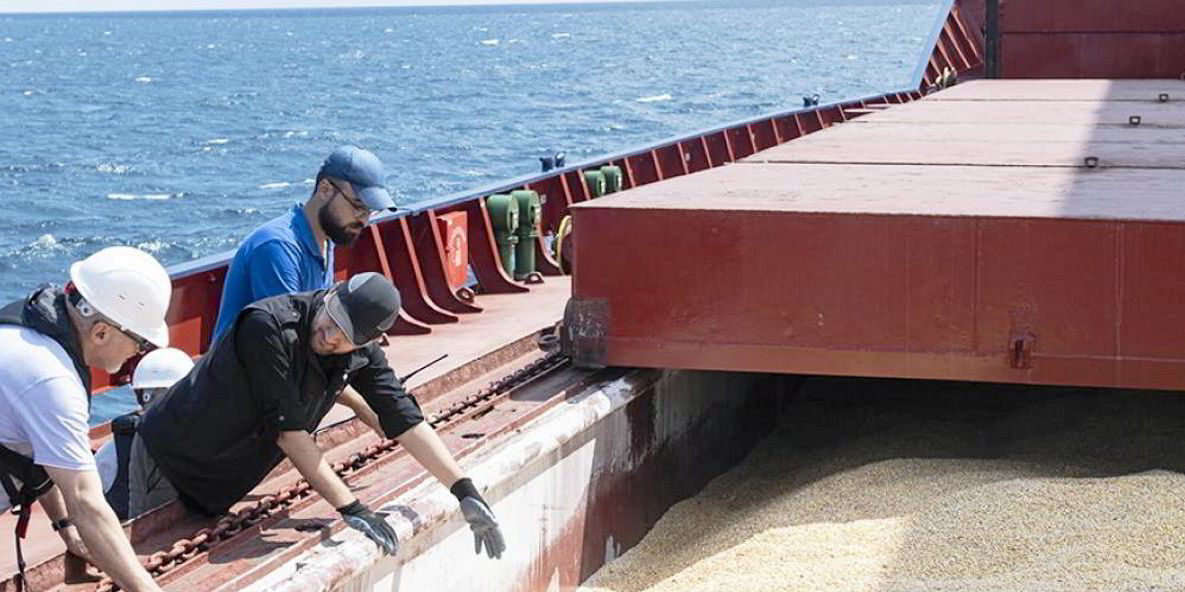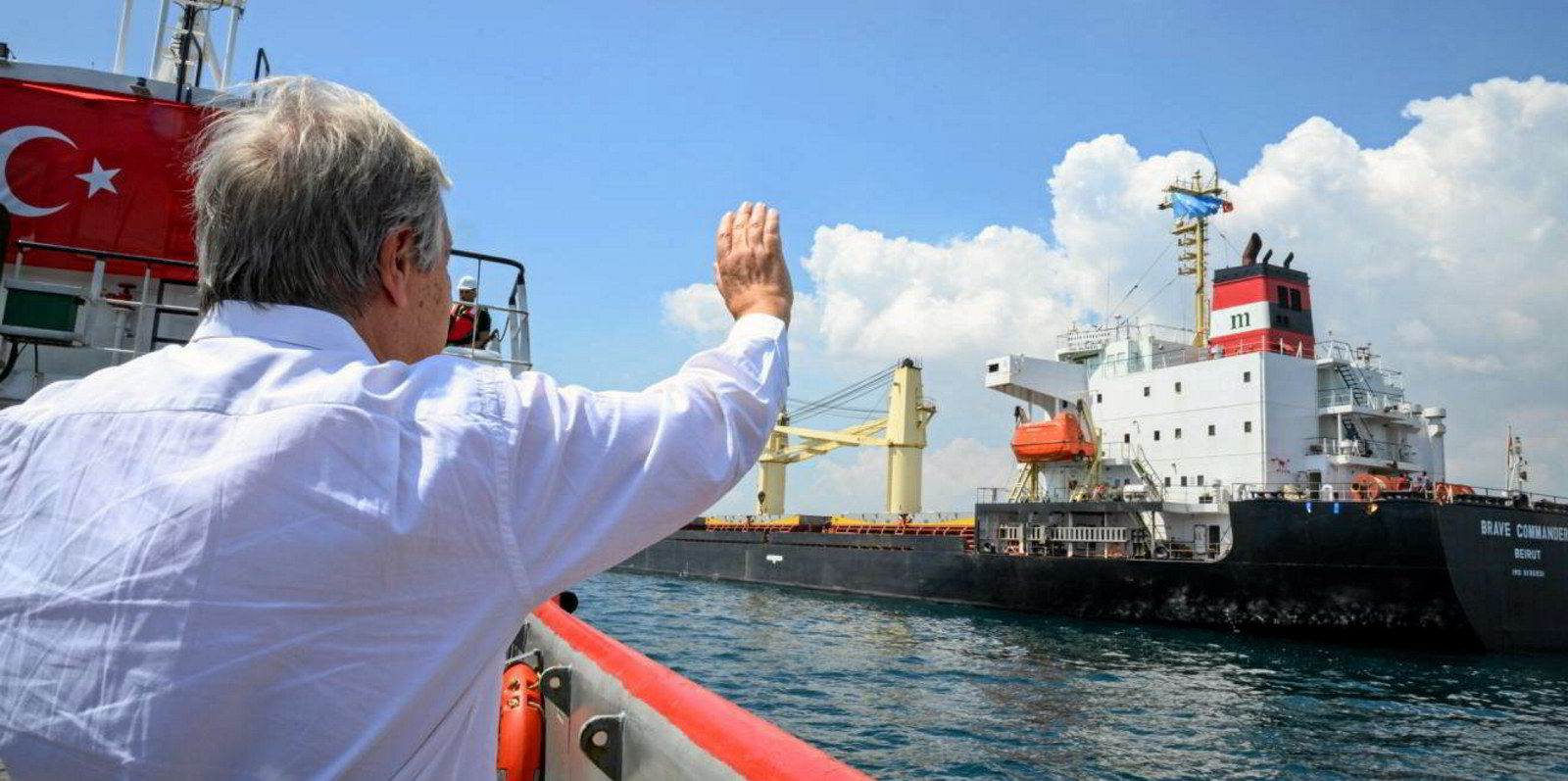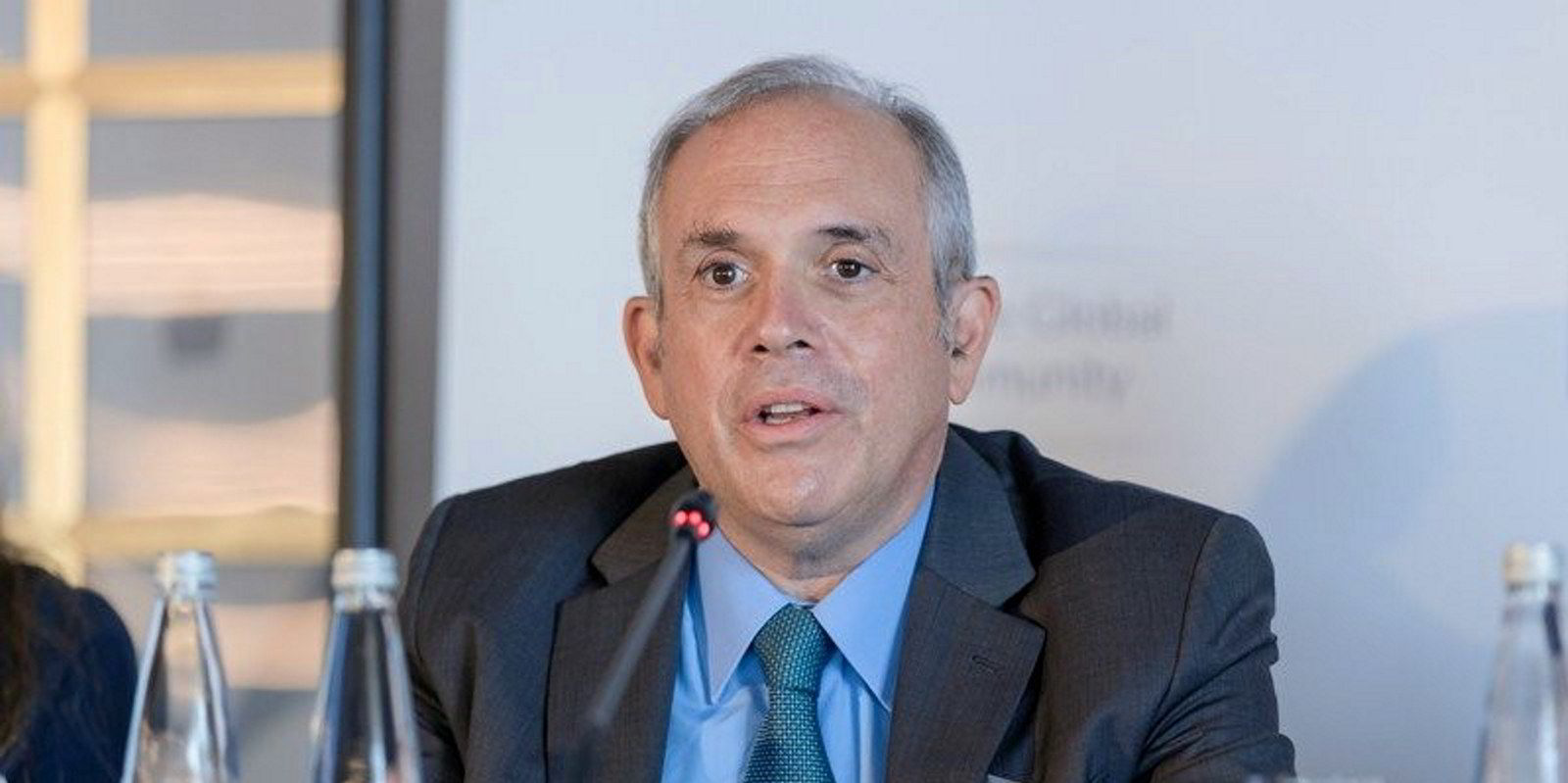Louis Dreyfus Co, one of the world’s biggest commodity traders, announced on Monday it will stop becoming involved in the Russian grains trade.
The French company’s move comes days after two other commodity traders, Cargill and Glencore-backed Viterra, announced similar measures.
The three companies’ withdrawals will become effective in July.
As a reason for its move, Louis Dreyfus cited increased “grain export challenges” from Russia.
Viterra said on Thursday that its activities in Russia “no longer fit the long-term direction of the company”.
Both Louis Dreyfus and Viterra said in statements on their website they were “assessing options” to transfer their existing business and grain assets in Russia to new owners.
Until that process is complete, Louis Dreyfus said it will continue to run its operations in Russia “in compliance with all applicable laws and regulations”.
Export by proxy?
The impact of these companies’ withdrawal on the volume of Russian grain exports is not immediately clear.
According to Bloomberg, Cargill will continue buying cargoes from other outfits.
This suggests that western commodity traders’ business in Russia will probably be carried out on the spot through a new layer of local intermediaries.
Any radical, large-scale measures to withdraw Russian grain from world markets will likely prompt a global food crisis.
Apart from the obvious effect of reducing global supplies, a boycott of Russian grain would likely make untenable the UN-led Black Sea grain corridor — a key scheme for the export of Ukrainian grain.
Russia, which late last month grudgingly agreed to a brief, 60-day extension of the corridor, insists that Ukrainian and Russian grain exports must go hand-in-hand and warns that any effort to disrupt the latter would force Moscow to block the former.





